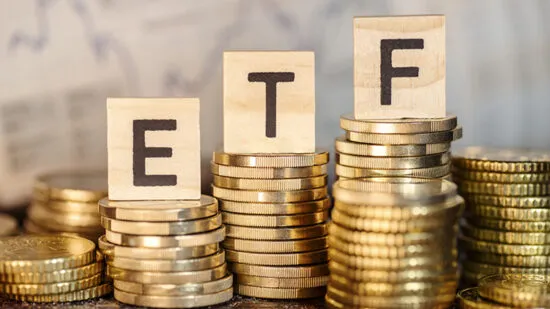As ETF ownership grows, the authors suggest, ever more shares of a company become ‘locked up’ in the ETF, becoming unavailable for individual trading. Therefore, the trading costs of the remaining shares rise, making it more difficult for active managers to outperform ETFs after costs. The study found that firms in which ETF ownership exceeds 3% have average bid-ask spreads about 6% higher than those of firms with low or no ETF ownership.
The findings are all the more important, since European investors continue pouring money into ETFs at an ever increasing pace.
Herding the crowd
As well as driving costs up, higher ETF penetration also leads to less efficient markets, as some traders opt to buy the ETFs instead of the individual shares for cost reasons. The researchers validated this hypothesis by looking at the correlation of individual stock returns with general market movements on the one hand and (expected) changes in firm-specific earnings at the other. They found stocks with high ETF ownership showed 45% higher so-called ‘stock return synchronity’ levels than stock with low or no ETF ownership.
Similarly, the latter sort of stocks respond more strongly to changes in company earnings expectations. Finally, the researchers also found high ETF ownership results in firms on average being covered by one fewer analyst.
Summarising, the study’s results suggest ETFs could possibly be a perpetual investment motion machine making life harder and harder for active investors, leading to ever greater inflows into passives. While this undoubtedly compromises the effectiveness of markets, the researchers stop short at suggesting further consequences. “Collectively, the evidence presented in this paper suggests increased ETF ownership can lead to weaker information environments for the underlying firms,” is as far as they go…
*The study was conducted by Doron Israeli of the Arison School of Business; Charles Lee of Stanford University and Sudhas Sridharan of the Anderson School of Management.







